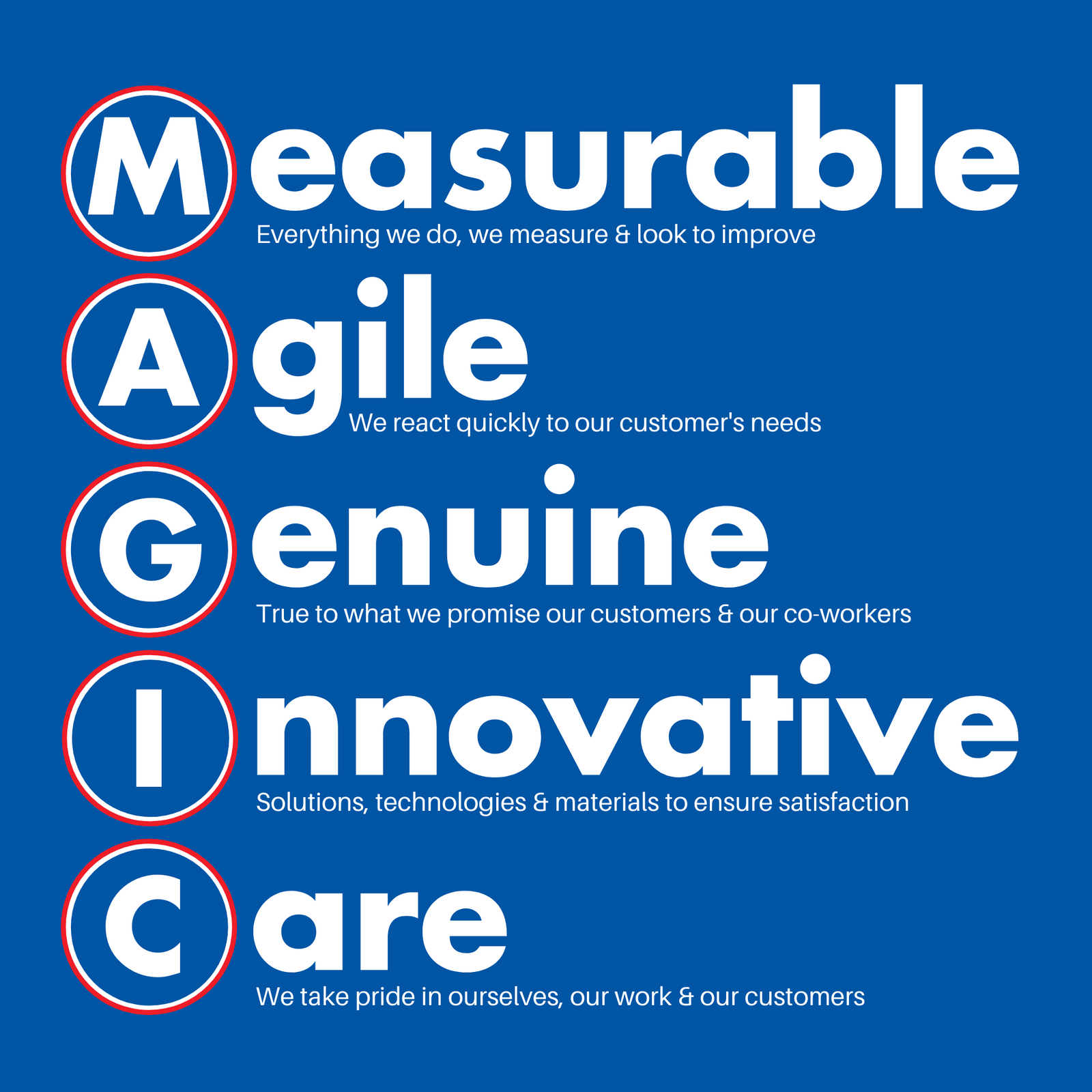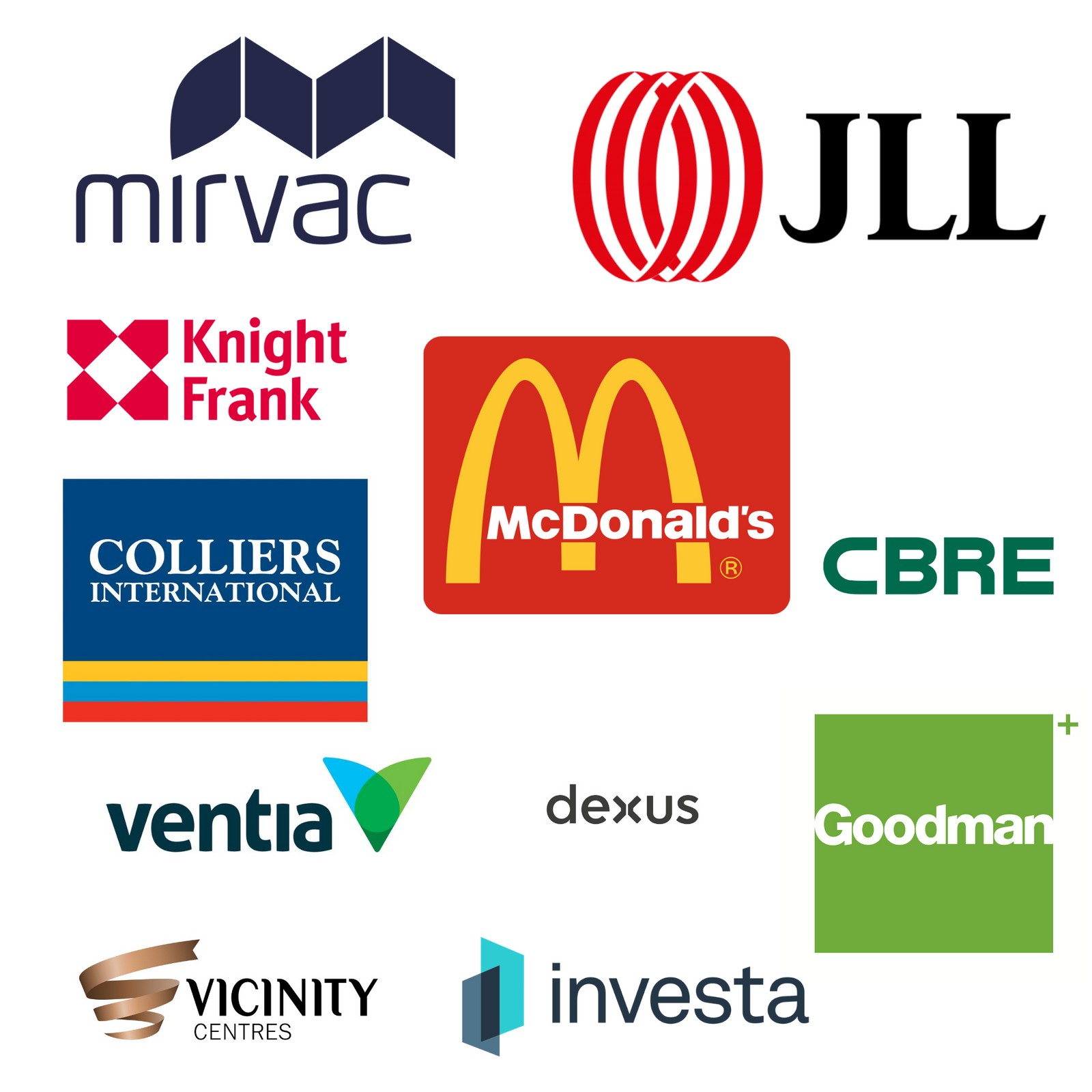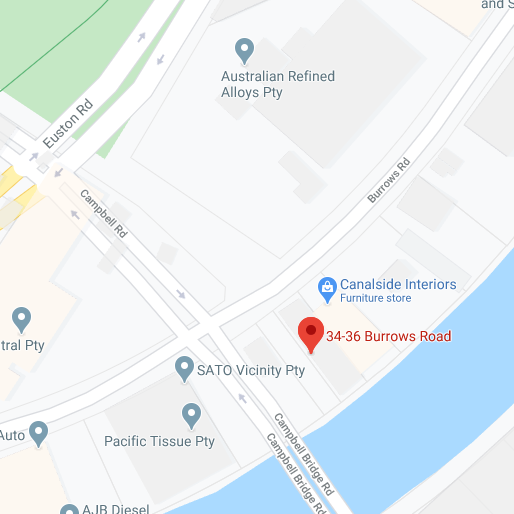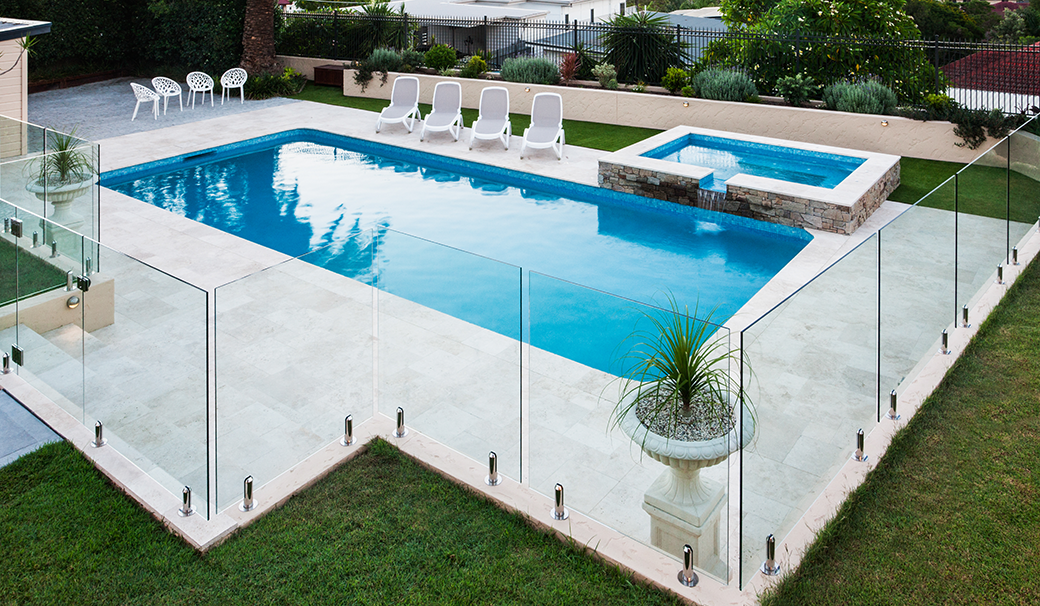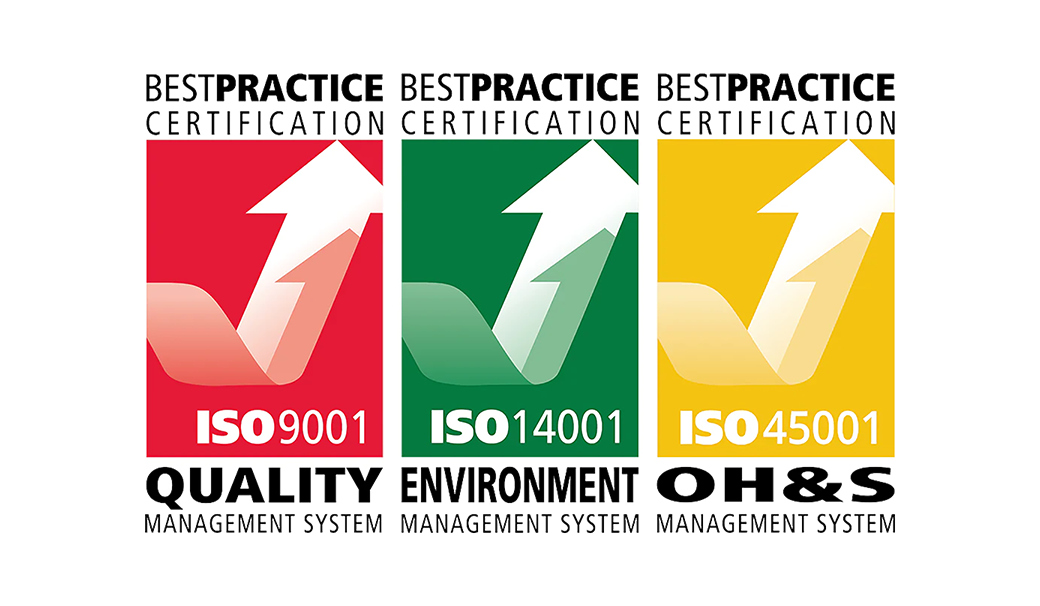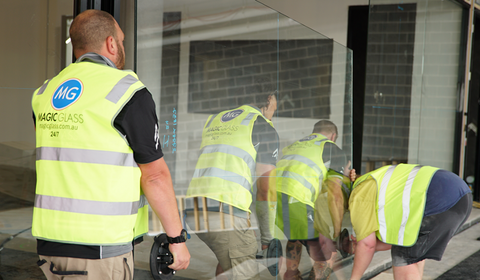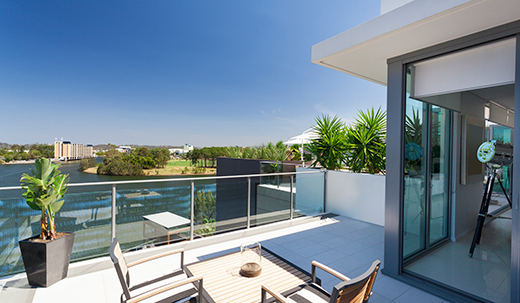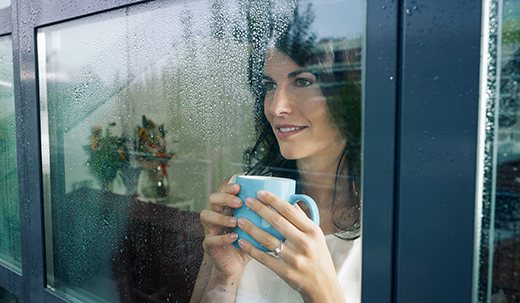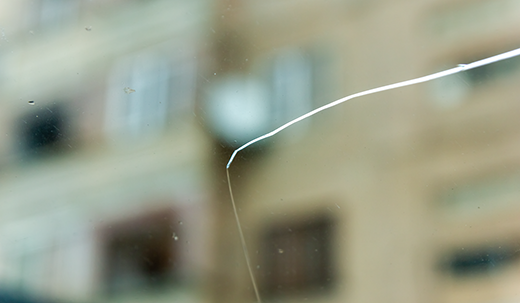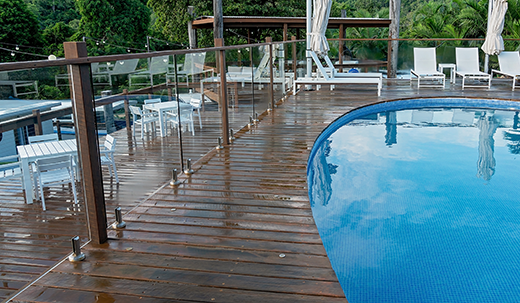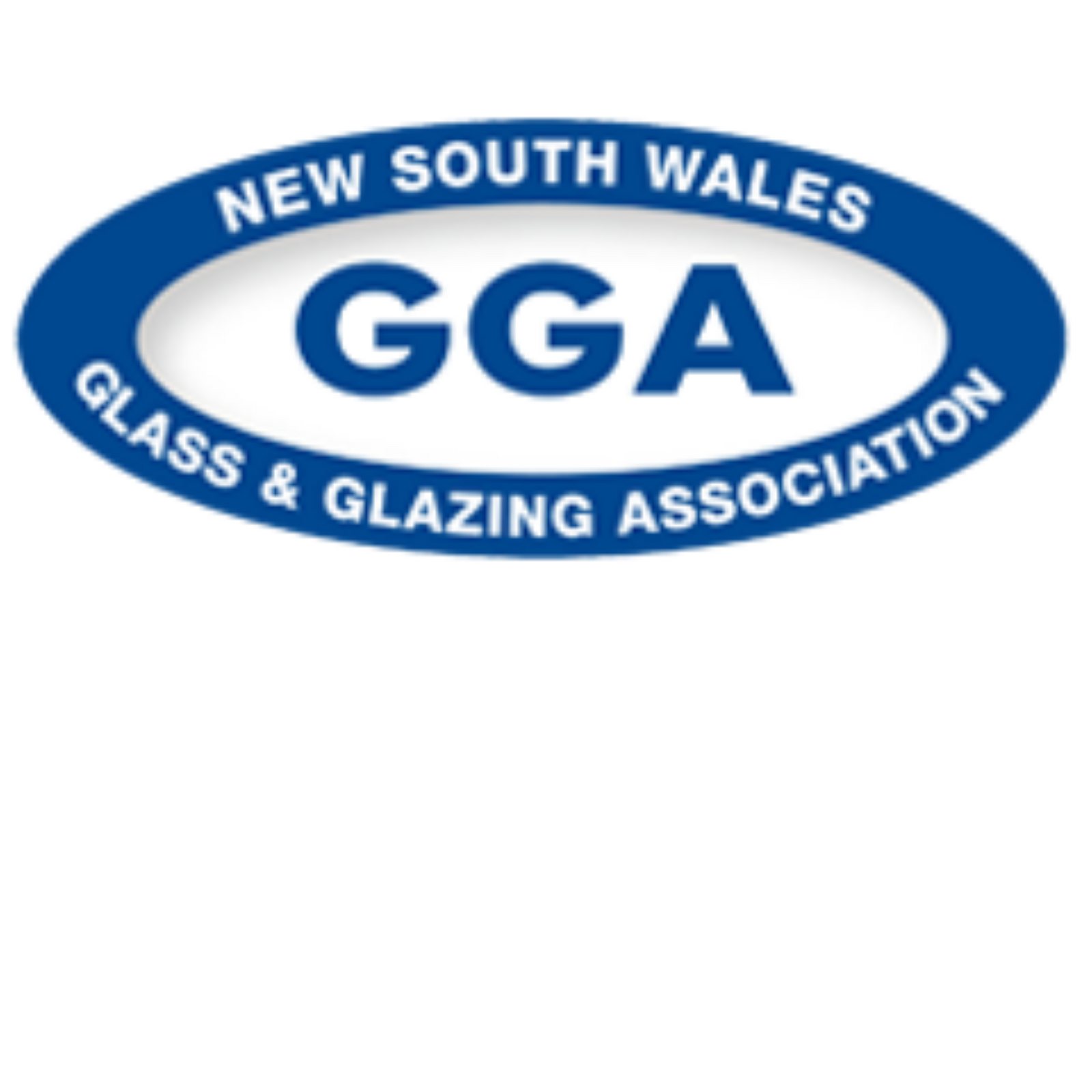Glass Blog
If you’re planning on installing a glass fence around your pool, an important decision you’ll have to make is whether you want to get framed or frameless fencing.
Both have their pros and cons, so having a solid understanding of both fencing types will help you determine which is best for you and your needs.
Frameless Glass Fencing
As the name suggests, frameless glass pool fencing is composed of sheets of glass held in place at the bottom rather than by an entire frame around the panel. This type of fencing must be made from safety glass, so it is highly strong and durable, and significantly less likely to cause injury in the rare event of breakage.
Frameless glass pool fencing is becoming more and more popular in Australia. As it gives the illusion that there is no fence at all, many people choose frameless fencing as it is more aesthetic and does not obstruct the view of their outdoor area. Frameless glass fencing also allows for greater visibility of the pool, so it is easier to supervise children and pets.
The main drawback of frameless glass fencing, however, is that it is generally more expensive than framed options. This is because the glass panels are secured to the ground either with cement or highly-durable stainless steel spigots, which incurs greater labour, equipment, and material costs.
In addition, the glass panels in frameless fences need to be either toughened or laminated safety glass. So glazing costs are likely to be higher too.
Framed Glass Fencing
Most types of framed glass pool fences these days are semi-framed. This means that rather than the entire panel being framed, there is framing only in the space that connects two glass panels together, with the top and bottom of the glass being left clear.
This type of pool fencing provides many of the same benefits of frameless fencing. There is slightly more view obstruction, however, and potentially more maintenance requirements.
One of the main advantages of semi-framed glass fencing is that it is notably cheaper than frameless fencing. Semi-framed pool fences can be up to 30% cheaper than frameless pool fencing, making it the ideal choice for lower budgets.
Both types of pool fencing are very durable and relatively low-maintenance. Determining which is best for you will ultimately come down to your personal preference and budget.
For more information, call Magic Glass. We will be able to find the perfect glass fencing for your pool, ensuring all Australian Pool Safety Standards are met.
An integrated management system (IMS) is a single system that combines two or more management systems, such as a quality management system (QMS) and an environmental management system (EMS). The goal of an IMS is to integrate the various management systems and processes within an organisation into a single, cohesive system. This can improve efficiency, reduce duplication of effort, and provide a more holistic view of the organisation's operations.
At Magic Glass, our integrated management system has been established in line with the following international standards:
- ISO 9001 Quality Management System
- ISO 14001 Environmental Management System
- ISO 45001 Occupational Health and Safety Management System.
ISO 9001 Quality Management System
ISO 9001 outlines the requirements for a quality management system (QMS). This standard is based on several quality management principles, including a strong customer focus, the motivation and implication of top management, the process approach, and continual improvement.
By implementing a QMS established in line with this standard, Magic Glass has been able to improve our efficiency, reduce costs, and increase customer satisfaction by ensuring our clients get consistent, good-quality glazing and rope access products and services.
ISO 14001 Environmental Management System
ISO 14001 outlines the requirements for an environmental management system (EMS). This standard is used by organisations to help minimise their environmental impacts and ensure compliance with associated regulations.
By implementing an EMS established in line with this standard, Magic Glass has been able to maximise the sustainability of our activities and reduce practices that are potentially harmful to the environment.
ISO 45001 Occupational Health and Safety Management System
ISO 45001 outlines the requirements for an occupational health and safety management system (OHSMS). It helps organisations mitigate the risk of injuries and illness in the workplace.
By implementing an OHSMS based on ISO 45001, Magic Glass has been able to minimise the occurrence of injuries and illnesses in our workplaces, improve our health and safety performance, and ensure compliance with related regulations.
ISO Certification
In order to become certified in the above international standards, Magic Glass has undergone thorough certification processes and regular audits by ISO representatives. This ensures that we are consistently meeting the requirements of each standard, allowing us to offer top quality, safe, and environmentally-friendly products and services for our customers.
Safety glass is a type of glass that is designed to be less likely to break and less likely to inflict serious injury in the rare event it does break. The two main types of safety glass include toughened (or tempered) glass and laminated glass.
One of the most common questions we get asked is ‘which type of glass is the safest?’ Although toughened glass is most commonly recommended for safety, it does ultimately come down to what it is being used for.
Toughened Glass
Toughened glass is manufactured through the use of thermally or chemically controlled treatment processes. It is these processes that strengthen the glass and make it more resistant to force.
Although it is very difficult to break toughened glass, it’s not impossible. In the rare event breakage does occur, toughened glass shatters into many smaller pieces rather than large, sharp shards of glass. Because of this property, it is much safer than standard, annealed glass and is significantly less likely to inflict injury. This is why toughened glass is often used in motor vehicle windows and diving masks.
Toughened glass is also Grade A safety glass and is therefore frequently used in areas and spaces where compliance with Australian Glass Safety Standards is a must. This includes schools, hospitals, low-level glazing, aged care facilities, and child care centres.
Laminated Glass
Laminated glass is composed of two pieces of glass with an interlayer commonly made from polyvinyl butyral. This prevents the glass pieces from shattering as they remain stuck to the interlayer rather than breaking off into sharp shards.
As laminated glass sticks together even when it is shattered, it provides much greater security against potential break-ins, severe weather, and sudden impact. Because of this, laminated glass is most commonly used in shopfronts, windows and doors, balustrades, and glass fencing.
If you’re wanting to install safety glass into your commercial or residential building and are still unsure which type is best for you, give Magic Glass a call! Our friendly team will be able to provide you with recommendations and point you in the right direction when it comes to installation.
We can also provide you with a free quote for custom safety glass fabrication and installation.
Owning or managing a large scale commercial or residential building comes with a vast amount of legal responsibilities. If you are a building owner, Building Manager or Strata Manager, you are responsible for providing all residents, workers, and visitors with a safe environment. This includes ensuring they are protected from any glass related accidents.
Whether major or minor, glass accidents are dangerous and can pose the risk of injury and even death. If the accident is found to be a result of the building not being up to safe standards, Building and Strata Managers can be liable for negligence.
To ensure the glass in your building is safe, the first thing you must do is check that it is compliant with Australian Standards AS2208-1996 and AS1288-2006. These are the standards relating to safety glazing materials in buildings and glass in buildings, respectively.
AS2208 and AS1288 present the circumstances in which you must have safety glass installed instead of standard glass. As the name suggests, this glass is safer and stronger than typical glazing units.
These standards also state requirements relating to the thickness and dimensions of glass doors and panels, balustrades and glass used in schools, childcare centres, and nursing homes.
Ensuring all glass in your building is up to Australian standards can be a strenuous activity, but it must be done. Fortunately, Magic Glass is here to support you along the way.
Magic Glass is a member of the Australian Glazing and Glazier Association (AGGA). We are proudly accredited by the AGGA as we have demonstrated how our products and services are safe and comply with Australian Standards. Being one of the founding members of the association, we take our accreditations seriously and strive to maintain the reputable standards we have set for ourselves.
Should you find that any of the glass in your building does not comply with the legal requirements outlined above, contact Magic Glass for a free quote to remove and replace the glass to all relevant Australian Standards.
Glass replacement is not just for when you have a broken window or door. It can also be a critical component in making your property safer, more energy efficient and more resistant to noise.
Read on to learn more about knowing when it’s time to replace your glass.
1. Unsafe/Old Glass
The Australian Standards around glass are always changing, so ensuring you’re in compliance with them is important.
If your building is old and the glass hasn’t been replaced in a while, it’s worthwhile getting a professional in to have a look. They will be able to verify whether your glass is compliant and inform you of your options if it is not.
Remember: ensuring compliance with all Australian Standards is your legal responsibility if you are a building owner. You can be liable if there are any issues that occur as a result of non-compliant glass.
2. Fragile Glass
If your glass is fragile or standard single-pane, it may be time to think about upgrading to more secure glazing units - especially if you have children.
Installing toughened or laminated glass into your home will make a huge difference in improving safety and security.
These types of safety glass are difficult to break so they will make your property much more secure in the event of an attempted break-in or in harsh weather conditions.
In the rare event that they do break, both toughened and laminated glass are designed to either stay intact or shatter into much smaller pieces, as opposed to large sharp shards. This will prevent injury and make clean-up much easier.
3. Energy Wasting Glass
Standard, single-pane glass is also very energy-inefficient. It allows for easy heat transfer through your windows and doors, requiring more thermal control inside your home.
Upgrading to multi-glazed, laminated or low-emissivity coated glass is a great way to improve your building’s energy efficiency. These types of glass are great at insulating your home, keeping it cool during the summer and warm during the winter without you needing to blow your energy bill.
For more information on energy-efficient glass, read our How to Make Your Home More Energy Efficient Using Glass blog.
4. Loud Glass
If you’re finding that your glass is bad at blocking out external noise, it may be another sign to get a replacement.
Multi-glazed and laminated glass are much more sound-resistant than standard glass panels. They are great at keeping outside noise outside and maintaining the peace and quiet in your home.
Magic Glass are the experts in glass replacement. Whether you want to ensure your glass is compliant with current safety standards, make your home safer and more peaceful for you family, or boost the energy efficiency of your property, get in contact with our team today!
- 24 Hour Emergency Glass Replacement
- Aluminium Door Glass Replacement
- Aluminium Framed Windows
- Aluminium Window Services
- Aluminium Windows Glass Replacement
- Australia Window Regulations
- Australian Glass Quality and Compliance
- Building Maintenance
- Commercial Glass Replacement
- Commercial Glass Services
- Double Glazed Windows
- Energy Efficient
- Glass Maintenance
- Glass Replacement
Although it is rare, there have been many occasions where glass has broken spontaneously, with no apparent cause.
This phenomenon, which we call ‘spontaneous glass breakage’ occurs solely with toughened (or tempered) glass and can be triggered by a number of preventable issues.
Read on to learn more about how you can prevent your glass from breaking spontaneously.
Installation Issues
During transport and installation, glass panels are very susceptible to nicks and chips. These nicks and chips often don’t cause immediate breakage; however, they can lead to spontaneous glass breakage overtime. This is caused by stress concentrations developing around the nicks and chips as a result of glass expansion and contraction.
The best way to avoid installation damage is to hire a professional to install your glass windows and doors. They will understand how to best transport and install the glass panel to ensure no damage occurs throughout the process.
Thermal Stress
Spontaneous glass breakage can also be triggered by thermal stressors on the glass. Thermal stress occurs when the centre of a glazing unit becomes warmer than the outer edge of the thermal unit. This causes the centre of the glass to expand, resulting in the infliction of a tensile force that causes breakage.
Thermal stress occurs most commonly in glass that absorbs heat and solar radiation. This includes tinted, low-e and reflective glass. The best way to avoid thermal stress is to avoid installing these types of glass panels in locations that are exposed to large amounts of direct sunlight. A good rule of thumb is to avoid installing them anywhere where there is more sun than shade coverage.
Ensuring the framing around your glass windows or doors has a high heat capacity and leaves space for the glass to expand will help too.
Additionally, simply keeping your blinds or curtains open on sunny days will minimise the occurrence of thermal stress breakages too. Blinds and curtains often reflect heat and sunlight back into the windows causing them to absorb more warmth.
Fabrication Defects
Accidental inclusions of nickel sulphide can also cause spontaneous glass breakage. These inclusions are caused by stainless steel remnants from fabrication machinery falling into the glass. The nickel sulphide in these remnants changes shape and structure, which puts stress on the glass and can lead to breakage.
The best way to avoid such defects is to ensure you are sourcing your glass from a reputable fabrication facility. They will have procedures in place to ensure nickel sulphide inclusions are minimised.
Whether you’re looking to avoid spontaneous glass breakage or require assistance after it occurs, get in contact with Magic Glass.
Our experienced Glaziers always take necessary precautions to prevent the occurrence of spontaneous glass breakage and our state-of-the-art fabrication facility ensures that all our glass products are manufactured to the highest safety and quality standards.
We are available 24 hours, 7 days a week to take care of any glass emergencies you may have.
- 24 Hour Emergency Glass Repairs
- 24 Hour Emergency Glass Services
- After Hour Glass Replacement
- Australian Glass Quality and Compliance
- Board Up Service
- Broken Window
- Commercial Glass Services
- Damaged Window
- Emergency Board Up Service
- Emergency Glass Repair Service
- Emergency Glass Services
- Emergency Repair Services
- Glass Repair
- Glass Repair Service
Glass pool fences are a popular option for homeowners who want to create a luxurious and spacious outdoor area around their pool. They offer an unobstructed view of the backyard and keep children and pets safe from the water.
There are, however, many regulations that your pool fence must comply with in order to ensure absolute safety.
Glass Pool Fencing Regulations
When it comes to your glass fencing specifically, you must ensure your fence satisfies the following requirements.
- Must be at least 1200 mm tall all the way around (measured from the outside of the pool). If a boundary fence forms part of the pool fencing, it must be at least 1800 mm tall.
- The gap between the bottom of the fence and the ground cannot be larger than 100 mm.
- Vertical rails on the pool fence and gate cannot be more than 100 mm apart.
- If using mesh pool fencing, holes in the fence cannot have a diameter larger than 13 mm.
- The pool fence should be well-maintained and in functional order.
- Pool fencing cannot be climbable. Any potential handholds or footholds cannot be within 900 mm of the top of the fence in any direction.
Glass Pool Gate Regulations
The following regulations regarding pool gates must also be satisfied.
- All pool gates must be self-closing and able to latch by themselves.
- Pool gate latches must be in good condition and working order.
- The gate must open outwards, away from the pool.
- For a frameless glass pool fence, the latch must be opened from the other side (poolside of the gate).
- The gap between the glass gate and anything else must be less than 10 mm.
If you’re wanting to install glass fencing around your pool, contact Magic Glass today. We can manufacture and install custom glass fencing to suit your safety and aesthetic requirements.
All Magic Glass pool fences are manufactured and installed in compliance with NSW regulations, so you can rest assured knowing that your pool fence and gate is as safe as possible.


